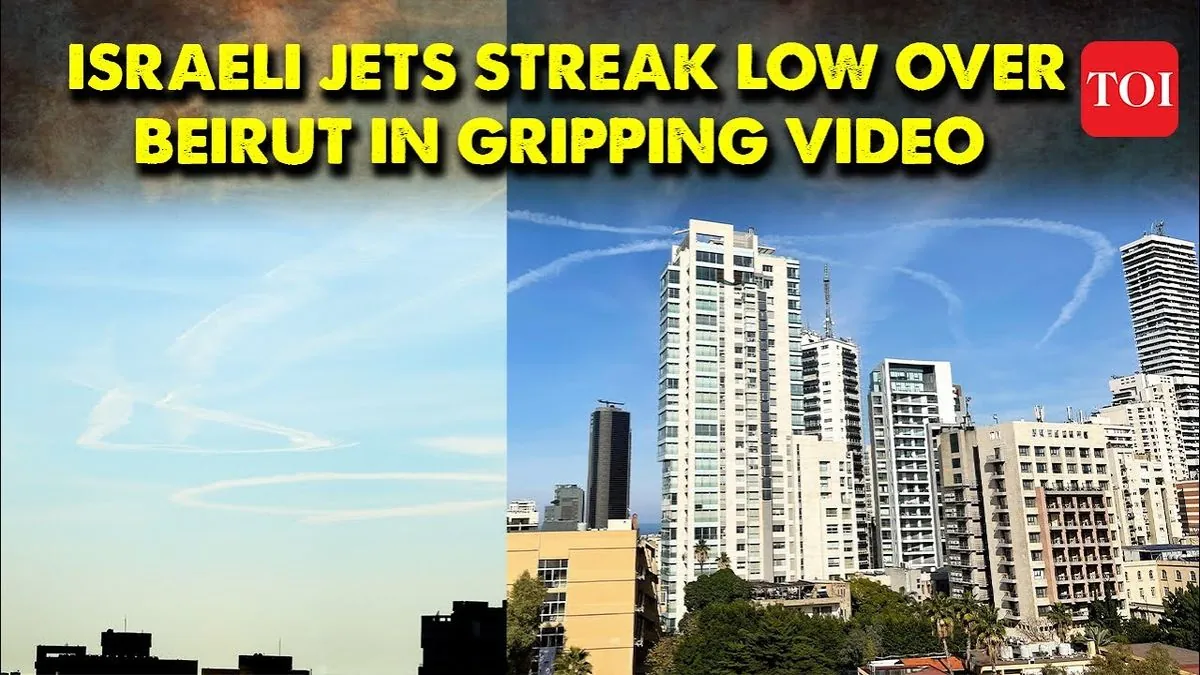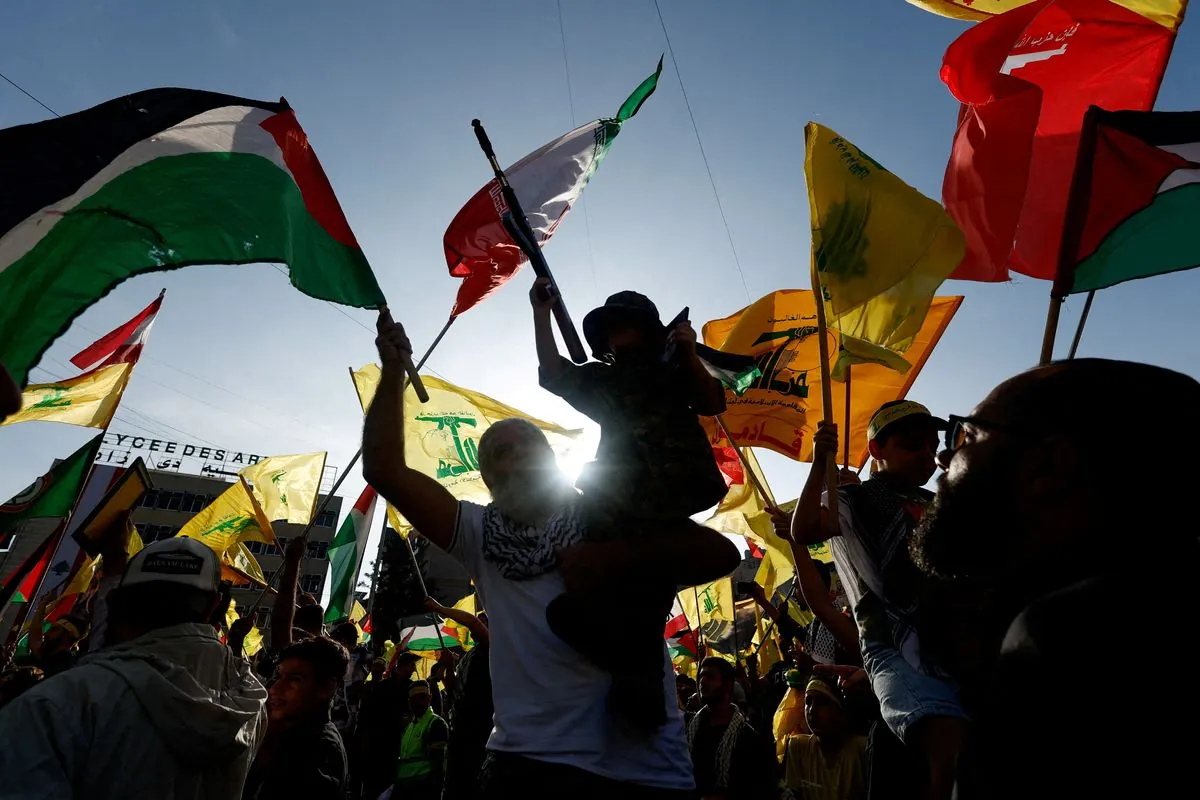Israeli Jets Buzz Beirut Before Hezbollah Leader's Memorial Speech
Israeli warplanes created a massive sonic boom over Beirut, moments before Hezbollah's leader was set to speak at a memorial for a slain commander. The incident heightened tensions in the region.

One year ago, on August 6, 2023, Lebanese residents experienced a significant aerial display as Israeli warplanes conducted a low-altitude flyover of Beirut. The event, which occurred just moments before a scheduled address by Sayyed Hassan Nasrallah, the leader of Hezbollah, created one of the most intense sonic booms heard in the city in recent years.
The timing of this aerial maneuver was particularly noteworthy, as it preceded a memorial speech for Fuad Shukr, a high-ranking military commander of Hezbollah who had been killed in an Israeli strike on Beirut's southern suburbs approximately one week earlier.
Hezbollah, founded in 1985 during the Lebanese Civil War, has been a significant player in the region's geopolitics. The organization, led by Sayyed Hassan Nasrallah since 1992, operates as both a political party and a militant group, wielding considerable influence in Lebanon's domestic and foreign affairs.

The incident highlighted the ongoing tensions between Israel and Hezbollah. These two entities have a long history of conflict, including the 2006 Lebanon War. Hezbollah's military capabilities, which reportedly include a substantial arsenal of rockets and missiles, have been a constant concern for Israel.
"The planes were so low, we could see them with our naked eyes. The sonic boom was unlike anything we've heard in years."
The organization's activities extend beyond military operations. Hezbollah operates an extensive social services network in Lebanon, including schools and hospitals, which has contributed to its popular support. However, its designation as a terrorist organization by several countries and its involvement in the Syrian Civil War have been sources of controversy.
Hezbollah's close ties with Iran, including financial and military support, have further complicated the regional dynamics. The group's political arm holds seats in the Lebanese parliament, demonstrating its significant role in the country's governance.
As tensions continue to simmer in the region, incidents like the flyover serve as reminders of the fragile peace that exists between these long-standing adversaries. The complex interplay of military posturing, political maneuvering, and historical grievances continues to shape the landscape of Middle Eastern geopolitics.


































